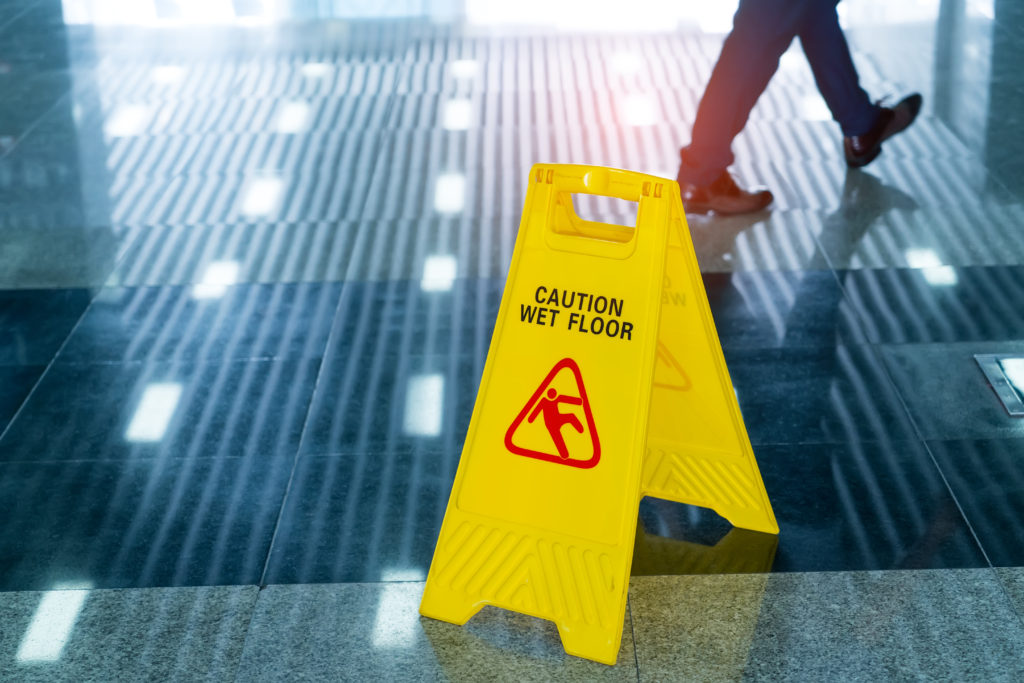Past and Present: Diving into Premises Liability and Personal Injury

Defining Premises Liability
In its most basic form, premises liability is a legal concept that holds the property owner responsible for injuries sustained on their property. Cases are built depending on the relationship between the landowner and the visitor. This idea comes from the common law and traces some of its roots in the principles outlined in the nation’s Declaration of Independence.
For example, if you own a small grocery store, people coming into your store for different purposes have a different legal relationship to you. A customer who comes in to purchase a good and a vending machine stock associate will be seen as two distinct types of visitors on your property. Generally, the owner owes a high level of care to an invitee. Presumably, if you are a business, you have invited visitors to your property (explicitly or implicitly) in order to conduct your daily business dealings. Thus, the property owner must warn the invitee of conditions that might exist and cause harm. This is why you see grocery stores warning signs and yellow caution signs indicating a wet floor.
In Texas, the general rule is that landowners have a responsibility to keep their property hazard-free. Premises liability falls under personal injury cases, as they are typically based on negligence.
There are three categories of visitors that fall under these cases.
Invitees
An invitee is a person who was allowed permission, implicitly or explicitly, into the property. (In the grocery store example, this would be your regular customer.)
Licensees
A Licensee also has allowed permission but is coming into the premises under his or her own purposes. (In the grocery store example, this would be somebody coming in to stock the soda section, for example.)
Trespassers
A trespasser is someone who is not allowed to be on the property. In cases of trespassing, the cases and circumstances can become pretty complicated. The owner owes little responsibility to a trespasser but still cannot purposefully inflict harm to an innocent trespasser. This is why it’s important to contact an experienced legal representative.
Proving Negligence in the Eyes of the Law
A premises liability case is contingent upon the injured person’s ability to prove that the property owner was negligent in regards to keeping his property hazard-free. A case is won if the plaintiff can show that the property owner was aware of the dangerous conditions that existed on the premises. If the injured person can prove that, for example, their slip and fall accident was caused because the owner failed to clean up a water spill on the floor, a case can be built on that reason.
Build a Viable Case With the Right Attorney
The Law Offices of Rios & Parada, PLLC is an experienced personal injury law firm that understands how to build viable cases from slip and fall injuries or other premises liability situations.
You need an attorney who takes the time to investigate what happened and build the most solid case possible and whether you opt for settlement or to go to court, we will fight for just compensation for your injuries. Connect with us today to get started.
